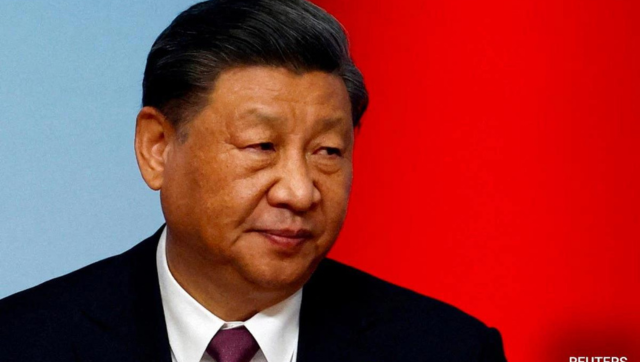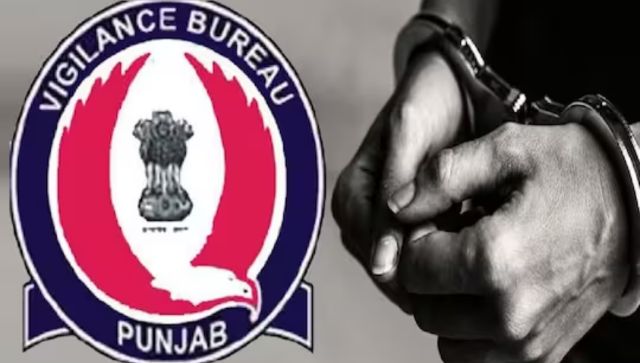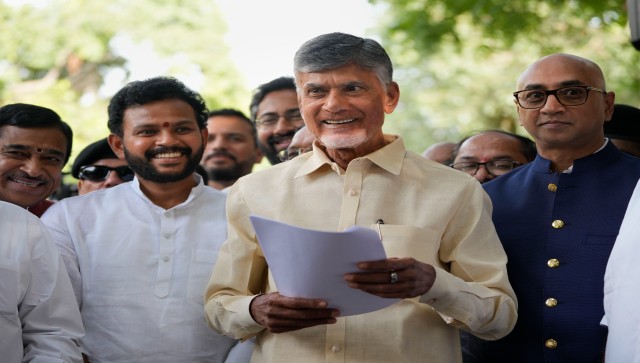Last Monday, India ratified the UN Convention Against Corruption. (India signed it six years ago). The move will make India co-operate internationally on information sharing and asset recovery. For example, annual reports of investigative agencies would be submitted to the UN each year.
Corruption is one of the top trending words on the internet these days.
Economists are writing papers to explore if corruption is another tax. The media is sparing no effort to highlight every act of omission. Over the past few months, the commonwealth games and 2G spectrum scams have dominated headlines. Global Financial Integrity, a US-based outfit, said that the estimated value of India’s total illicit financial flows (IFFs) was at least $462 billion. High net worth individuals (HNIs) and private companies were found to be the primary drivers of illicit flows out of India’s private sector.
We rarely see business leaders speak out on corruption. While they are very much in the thick of things, they usually blame politicians and bureaucrats and watch from the fence.
They want corruption to be rooted out. They also agree that it hurts the business.
While it is easy to blame the government for everything, business people have to act responsibly too, say a group of top executives to Firstpost.
“Business community is also to blame and not just government, bureaucrats or politicians,” argues AM Naik, chairman at Larsen & Toubro, the largest construction company in the country. He argues that if business persons do not give bribes, there will be no corruption.
“Business persons are tempted to grow faster by shortcuts and shortcuts create corruption situations,” says Naik.
But what is really the way out?
Most of the business leaders who responded to Firstpost felt that the government could do more for transparency in governance if they wish to improve the business sentiment.
India ranks 87 out of 178 countries on UK-based Transparency International’s Corruption Perception Index for 2010. India does better than Pakistan and Bangladesh but should move up if the country aspires to play a significant global role.
Some business persons felt that punishment and rewards in bureaucracy could help minimise corruption while some called for transparent processes.
“The best way to tackle corruption is to minimise case by case decisions by the government,” saysAdi Godrej, chairman, Godrej Group. He wants most interactions between government and citizens to be put up on the internet.
Rahul Bajaj, chairman, Bajaj Auto, wants punishment to be handed out to corrupt and non-performing bureaucrats and politicians. So does Renu Sud Karnad, managing director at HDFC. “The action should be quick and decisive,” she says. Naik said that business people who give bribes should also be made equally responsible.
Omkar S Kanwar, chairman of Apollo Tyres, said that it is better for the business to not engage in corruption and not let others get engage in it too.
Naik feels that high integrity and corporate governance standards should be enforced on businesses and they have to agree to abide by them.
Bajaj believes that the government should also recognise honest and performing bureaucrats. He wants a strong Lokpal within the ambit of the Indian constitution.
When asked how it hurts their business, most of them felt that it did not affect their business directly but they do see a slowdown in business processes.
“Corruption slows down business processes and creates a lack of transparency, which is bound to affect any business at some time or the other,” Kanwar said.
“Knowing the background of the Bajaj family and our history; no one has asked us for a bribe,” says Rahul Bajaj.
It could be useful to look at recommendations that Transparency international made in a new study , ‘Cabs for Hire’ released on Tuesday. The study examines the movement of politicians and officials between positions of public office and jobs in the private sector. It concludes that the current system has created an environment that increases corruption risks. Although the study covers the UK situation, it could easily apply to India as well.
Listen to A M Naik, chairman, L&T speak on corruption:
)
)
)
)
)